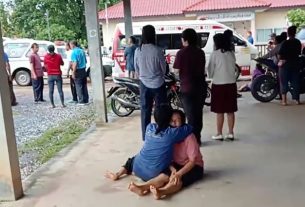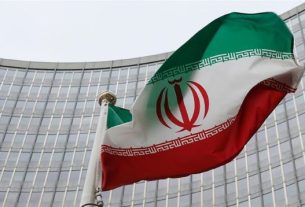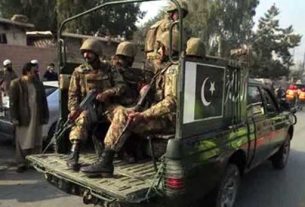Leaders tout expanding economic and political cooperation as a new world order takes shape.
Growing Economic and Political Cooperation
Russian President Vladimir Putin and Iranian President Masoud Pezeshkian met on Friday in Ashgabat, Turkmenistan, to discuss deepening economic and diplomatic relations between their countries. The talks come amid increasing tensions between Russia and the West, particularly over the war in Ukraine, which Putin has framed as part of a broader struggle against Western hegemony.
During their meeting, both leaders hailed the expanding economic ties and aligned perspectives on global affairs. “Economically and culturally, our communications are being strengthened day by day and becoming more robust,” Pezeshkian told Putin, according to Iran’s IRNA news agency. He called for accelerating the trend of cooperation, reflecting the mutual desire to fortify an alliance seen by the United States with growing concern.
Strategic Partnerships and Project Acceleration
The talks touched on concrete plans to enhance bilateral cooperation across multiple sectors. Pezeshkian detailed the agreements made to expedite projects in key areas, including gas, transportation infrastructure, desalination, energy, petrochemicals, and electricity. “We have constructive interaction,” Pezeshkian said in a video released by his office. “We agreed to speed up the completion of projects.”
The two countries are moving closer to finalizing a strategic partnership agreement, which Pezeshkian indicated could be signed at the BRICS summit set for October 22-24 in Kazan, Russia. Putin extended an invitation to the Iranian leader for an official visit to Russia, a proposal Pezeshkian promptly accepted.
An Emerging Multipolar World
Speaking to a broader geopolitical context, Putin asserted that a new world order is taking shape, characterized by the emergence of new economic and political power centers. In comments released by the Kremlin, he expressed Russia’s support for “the broadest possible international discussion” about this evolving multipolar landscape, suggesting forums such as the BRICS, the Eurasian Economic Union, the Shanghai Cooperation Organization, and the Commonwealth of Independent States as platforms for dialogue.
“We actively work together in the international arena, and our assessments of current events in the world are often very close,” Putin told Pezeshkian, according to TASS. The alignment was underscored by the countries’ mutual interest in countering Western influence and sanctions.
Shared Stance on Middle Eastern Conflicts
The meeting also touched upon shared positions on Middle Eastern issues. Pezeshkian criticized Israel’s actions in the region, accusing it of “killing innocent people” with backing from the United States and the European Union. Russia, which has condemned Israel’s military actions for targeting civilian areas, found common ground with Iran on the issue, further solidifying the alignment of their international stances.
Western Concerns Over Russia-Iran Ties
Washington has closely watched the deepening ties between Moscow and Tehran with unease, particularly as reports have emerged about Iranian military support for Russia. The U.S. has accused Iran of supplying Russia with ballistic missiles for use in Ukraine, an allegation that Tehran has consistently denied.
The burgeoning partnership represents a pivot for Russia toward the “Global East” and “Global South,” as Putin increasingly seeks allies outside the traditional Western sphere. The expanding cooperation with Iran is part of a broader strategy to establish new alliances in response to what he describes as the West’s “arrogant” and “self-interested” policies.
As both nations seek to bolster economic ties and unify their diplomatic efforts, the implications for global geopolitics are profound, signaling a potential shift away from a Western-dominated international order toward a more multipolar world structure.





